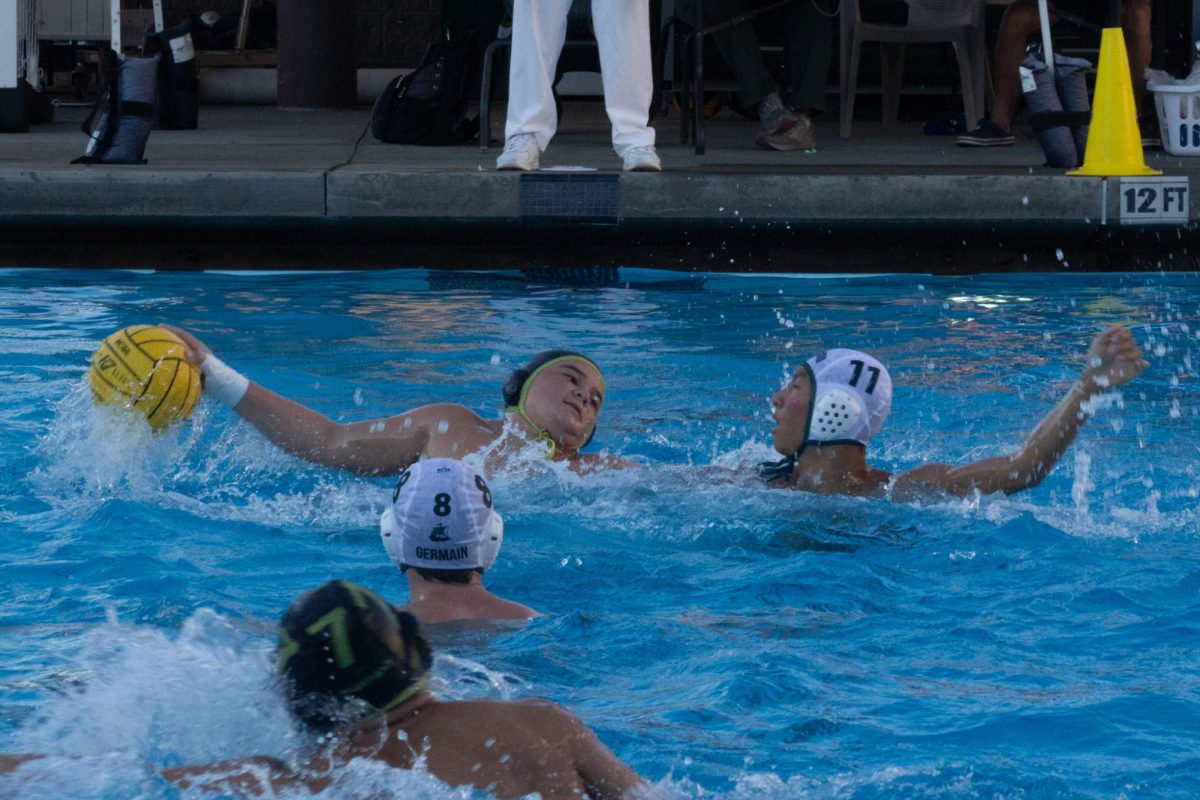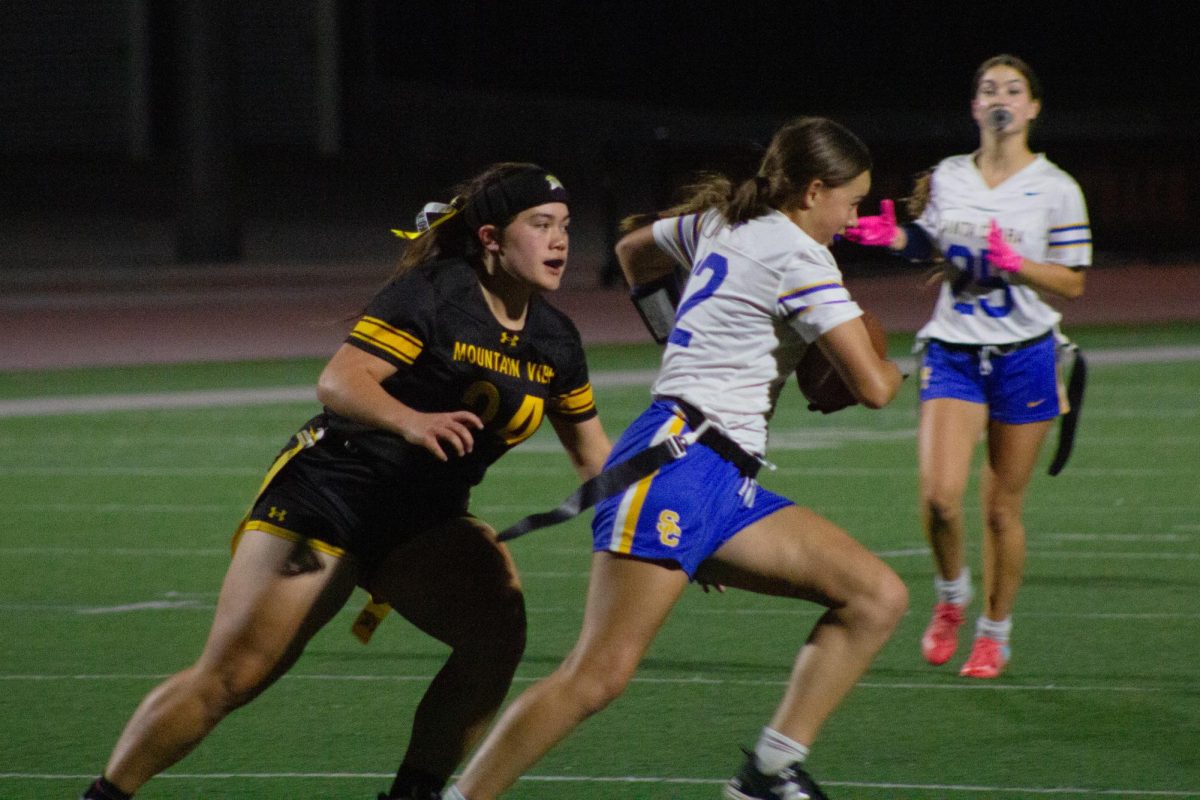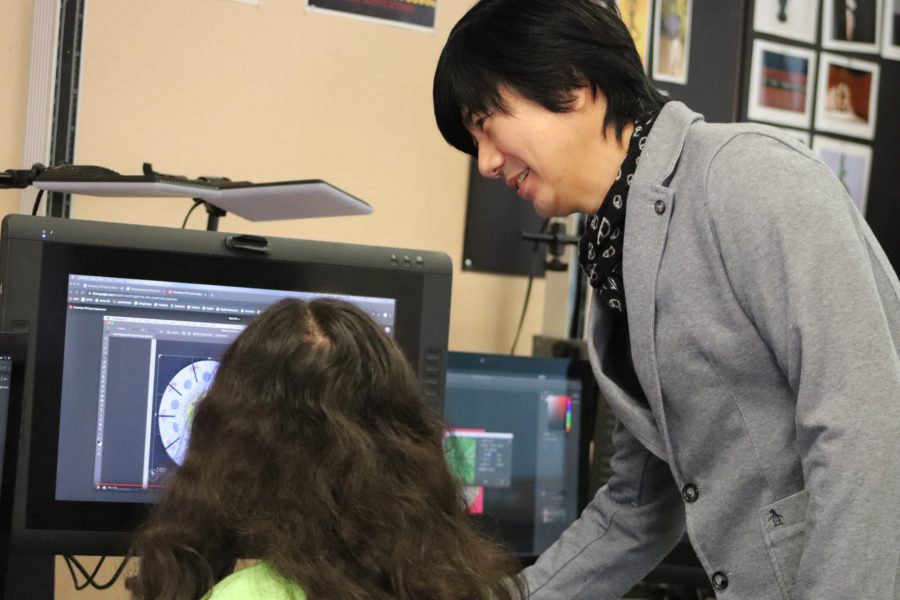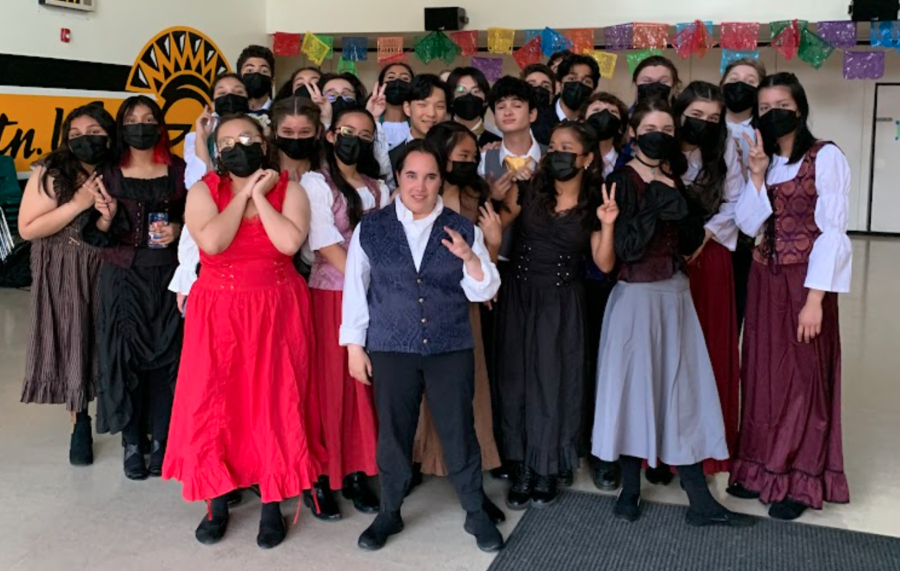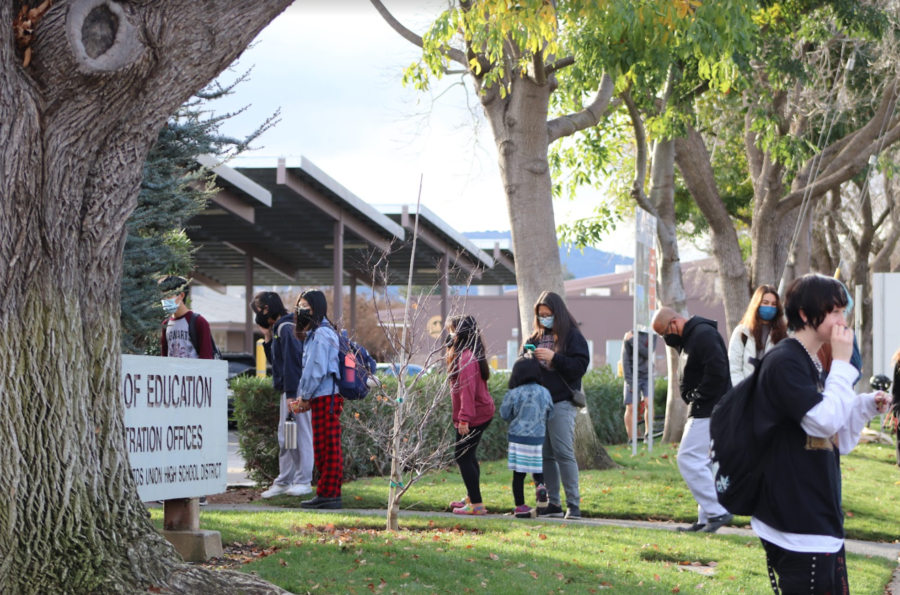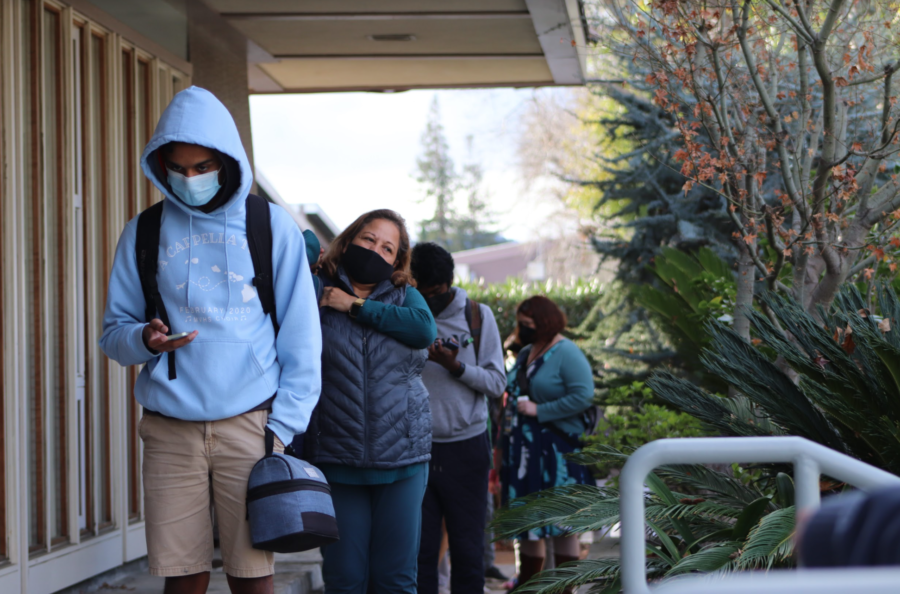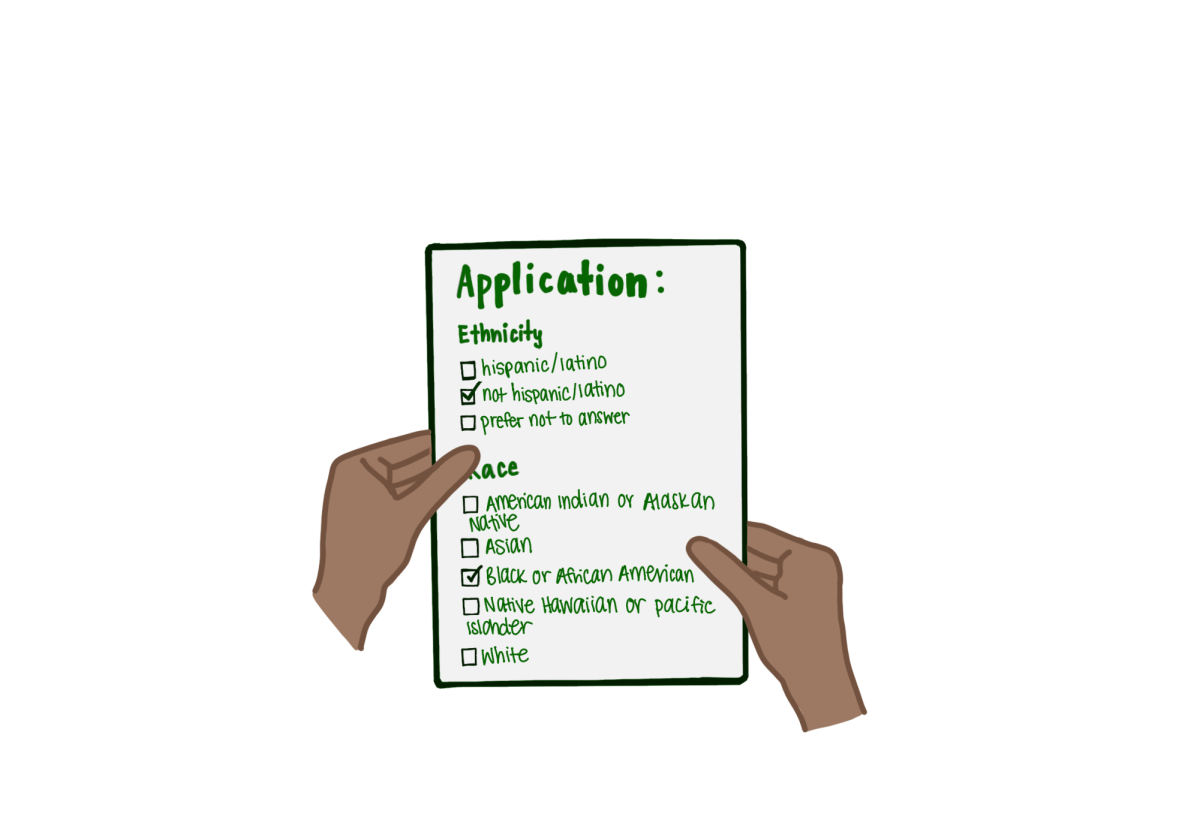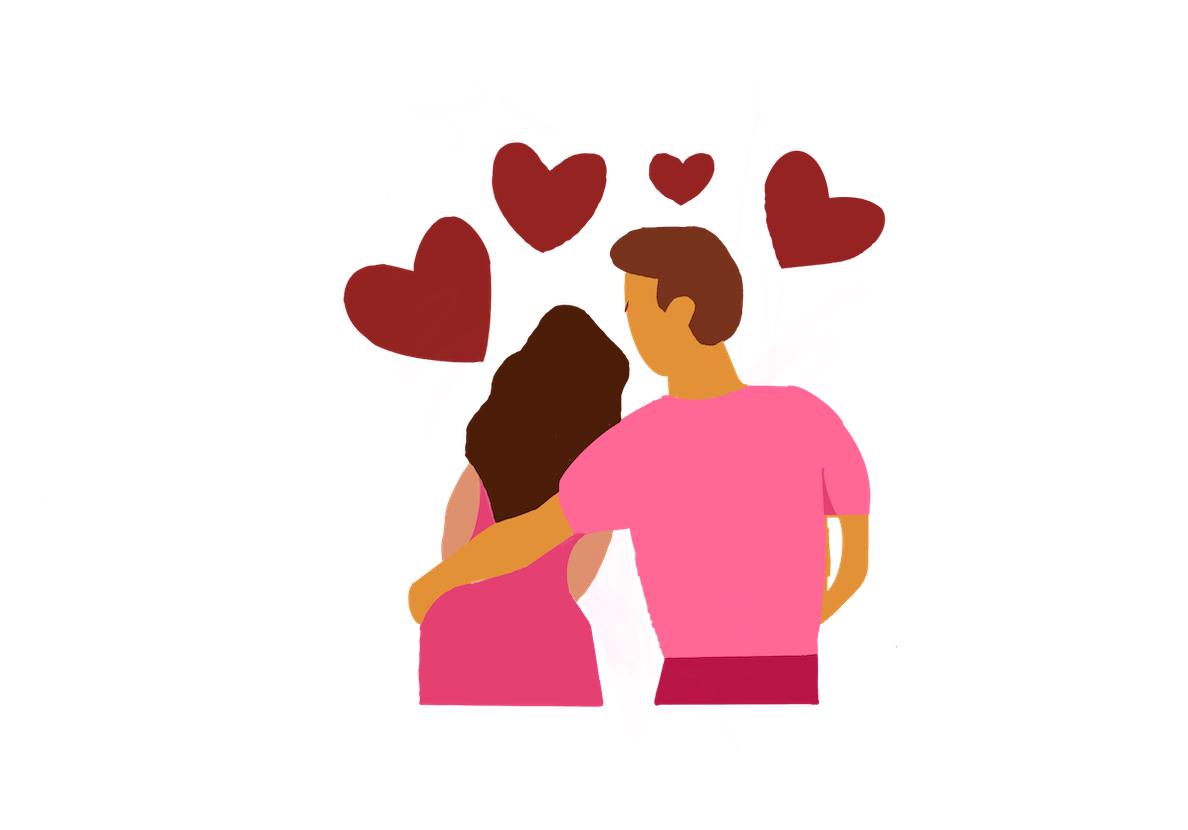While conventional classes have a variety of issues to overcome with online distance learning, unorthodox courses, including engineering, performing arts, and Freestyle Academy, have been forced to get even more creative with ways to continue instruction during the shelter-in-place order.
“It’s difficult because not everyone has access to tools or materials,” Engineering Teacher Lydia Conoway said, “And so we had to provide a range of different projects for students to do.”
Of the students in all engineering classes, 25 to 30 students chose an outreach project according to Conoway. This entails building face shields, ear savers, and face masks for local groups in need.
I think it’s important to find a way to be productive and make the best of a situation by continuing to do good work
“[Its] been a shift, but they’re still doing engineering, they’re still improving designs, figuring out how to make things, and communicating and all that, but with a different focus,” Conoway said. “So, in a way, that’s a really positive outcome that they’re able to use this to help others.”
She said students have already donated over 200 face shields to Mountain View Health Care.
Another assignment students completed during Phase I of distance learning was to live in the shoes of a family member or pet for a couple hours and come up with a design that would improve that person’s life. Conoway said that she wanted to put an emphasis on empathy through this design thinking project.
“So many students are still interested in learning and developing their skills, so I’m fortunate to have a group of creative, kind people to work with,” Conoway said. “I think it’s important to find a way to be productive and make the best of a situation by continuing to do good work.”
Everything we do is as a collective. We are all better when performing as a unit.
Other hands-on programs such as the arts-based Freestyle Academy have struggled with distance learning too.
“At the Freestyle campus the technology is really good… so it’s kind of hard using the stuff we have at home,” Senior Mezi Iroaga said. “Freestyle also has a really great community… so it’s really weird not being around everyone.”
Similarly, the students in Dance Spectrum become such a tight-knit family it has been hard for them to not be able to dance together, according to Dance Spectrum Teacher Lauren Kato.
However, she still has methods to keep her students dancing.
After Kato found out that school was closed, she sent a survey to all of her students about their ability to dance at home so she would assess what a reasonable workload would look like.

She determined that giving three different options for her students to complete an assignment every day was the best option. The first possibility is participating in online dance classes, the second is following along to two or more dances from the video game Just Dance, and the third being reading two articles about dance.
Choir Director Jill Denny set up three different tracks as well with students recording themselves singing, rehearsing, and studying music theory.
“Choir is deeply impacted,” Denny said in an email. “We are an ensemble, performance-based class. Everything we do is as a collective. We are all better when performing as a unit.”
Despite the varying levels of accessibility to space, internet, and equipment, Denny added that both she and her students are “resilient and flexible and are doing [their] best.”
“I miss the positive energy and joy the students bring to the choir room each day,” Denny wrote. “I am invested in maintaining our community as much as possible in your absence, and cannot wait until we can make music together in the same place again.”






